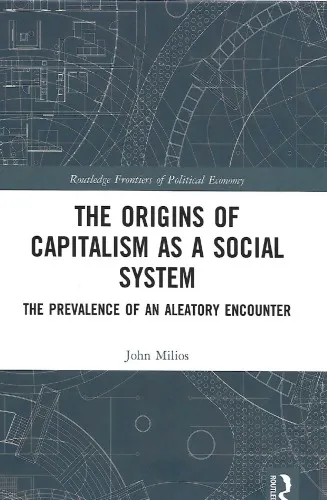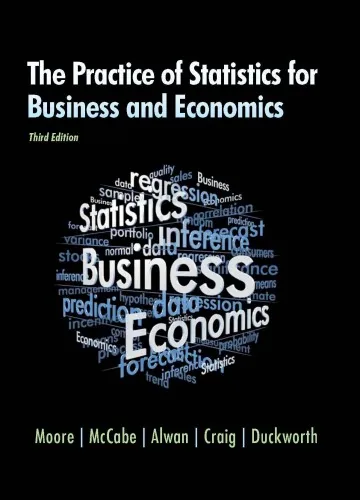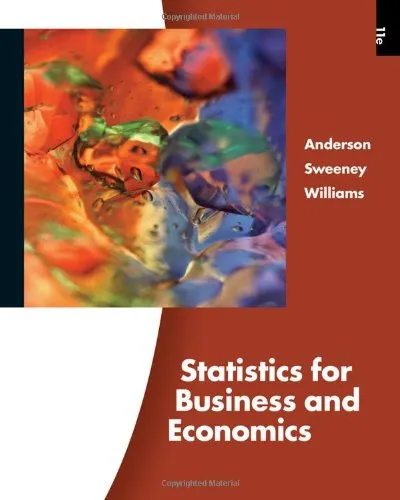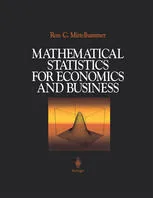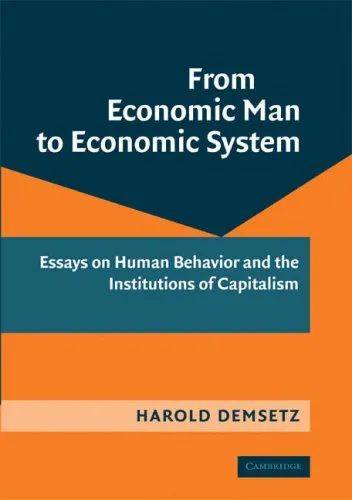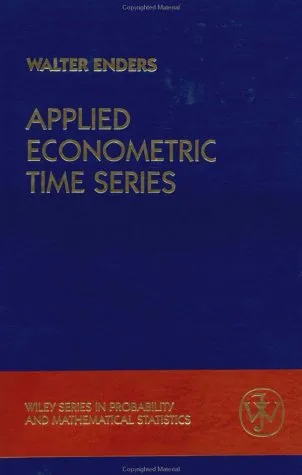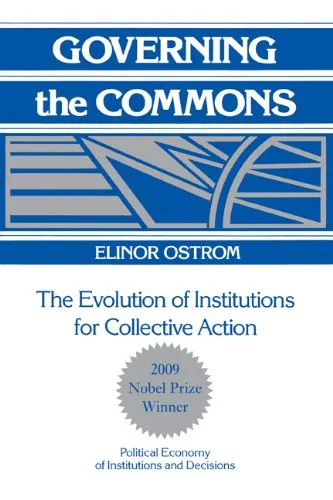The Origins of Capitalism as a Social System. The Prevalence of an Aleatory Encounter
4.0
Reviews from our users

You Can Ask your questions from this book's AI after Login
Each download or ask from book AI costs 2 points. To earn more free points, please visit the Points Guide Page and complete some valuable actions.Related Refrences:
Introduction to "The Origins of Capitalism as a Social System. The Prevalence of an Aleatory Encounter"
In his seminal work, "The Origins of Capitalism as a Social System. The Prevalence of an Aleatory Encounter", John Milios examines the complex, non-linear emergence of capitalism as a social, economic, and historical system. Diverging from deterministic explanations, the book introduces the concept of the "aleatory encounter" to underscore the role of contingency and historical accident in shaping the capitalist mode of production. Through a rich interdisciplinary framework grounded in Marxist theory, historical materialism, and structural analysis, Milios opens the reader to a fresh perspective on the origins and development of capitalism, challenging many traditional assumptions.
This book is not merely a historical account but a thorough analysis of how capitalism evolved into the dominant social structure of modernity. By reframing its emergence as contingent rather than inevitable, Milios elevates the discussion about why capitalism prevailed and continues to define contemporary societies. Below, we delve into its detailed summary, key takeaways, compelling quotes, and the reasons why this work holds significance today.
Detailed Summary
The book begins by contesting conventional interpretations of capitalism's origins, which often view its rise as a necessary or teleological process inherent to the development of society. Instead, Milios introduces the concept of the "aleatory encounter," a term borrowed from Althusserian philosophy, to elaborate on the role of historical accident and unpredictability. This approach offers a nuanced view, revealing how capitalism emerged through specific, contingent, and often chaotic historical processes rather than as a predetermined outcome.
The analysis is rooted in a Marxist theoretical framework, embracing a structural understanding of the capitalist mode of production while simultaneously rejecting any form of economic determinism. Milios highlights key moments in history—such as the rise of merchant capital, the dispossession of peasants during the enclosure movements, and colonial expansions—as events that, while significant, did not alone "guarantee" capitalism's ubiquity. Instead, he positions these events as elements within a broader, more aleatory historical process.
The narrative progresses to discuss the role of class struggles, state formations, and ideological apparatuses in consolidating capitalism as a durable social system. Milios also emphasizes the importance of recognizing capitalism's uneven global development, arguing that its spread did not follow a uniform path. This perspective provides an essential critique of Eurocentric interpretations and opens avenues for understanding capitalism's diverse historical trajectories.
Key Takeaways
- Capitalism did not emerge as an inevitable or natural progression in human history but as a contingent result of specific historical events.
- The "aleatory encounter" underscores the randomness and non-linear nature of historical processes, challenging deterministic narratives.
- Historical materialism, when combined with structural analysis, provides a powerful framework for understanding the uneven development of capitalism.
- Class struggle and ideological state apparatuses played foundational roles in the consolidation of capitalist social relations.
- Capitalism's global spread was marked by significant unevenness, shaped by regional and historical contingencies.
Famous Quotes from the Book
"The rise of capitalism cannot be understood as a linear and inevitable phenomenon but as an unpredictable meeting of distinct historical conditions."
"The structural dominance of capitalism today masks its fragile and contingent origins, rooted in struggles and historical chance."
"The notion of inevitability undermines the real dynamics of history, for it is in the aleatory encounter where systems are born and redefined."
Why This Book Matters
John Milios' The Origins of Capitalism as a Social System is more than a historical inquiry—it is a profound theoretical intervention into the study of capitalism. The book addresses both scholars and general readers interested in understanding the precarious and contingent development of the social system we now take for granted. By dismantling deterministic explanations, Milios reminds us that social systems, even ones as dominant as capitalism, are not eternal or inevitable. This insight is not only essential for the study of history but also for imagining alternatives to capitalism in the present and future.
Furthermore, the emphasis on contingency offers an empowering lesson: historical change arises not from necessity but from complex, unpredictable interactions. This opens the door to new possibilities for systemic transformation by underscoring the fact that no social system, including capitalism, is immune to change.
Anyone seeking to critically engage with the history of capitalism, to understand its ideologies and contradictions, or to challenge its current dominance will find this book invaluable. With its emphasis on interdisciplinarity, theoretical rigor, and historical sensitivity, Milios' work stands as a significant contribution to critical thought in the 21st century.
Free Direct Download
You Can Download this book after Login
Accessing books through legal platforms and public libraries not only supports the rights of authors and publishers but also contributes to the sustainability of reading culture. Before downloading, please take a moment to consider these options.
Find this book on other platforms:
WorldCat helps you find books in libraries worldwide.
See ratings, reviews, and discussions on Goodreads.
Find and buy rare or used books on AbeBooks.
1367
بازدید4.0
امتیاز0
نظر98%
رضایتReviews:
4.0
Based on 0 users review
Questions & Answers
Ask questions about this book or help others by answering
No questions yet. Be the first to ask!
